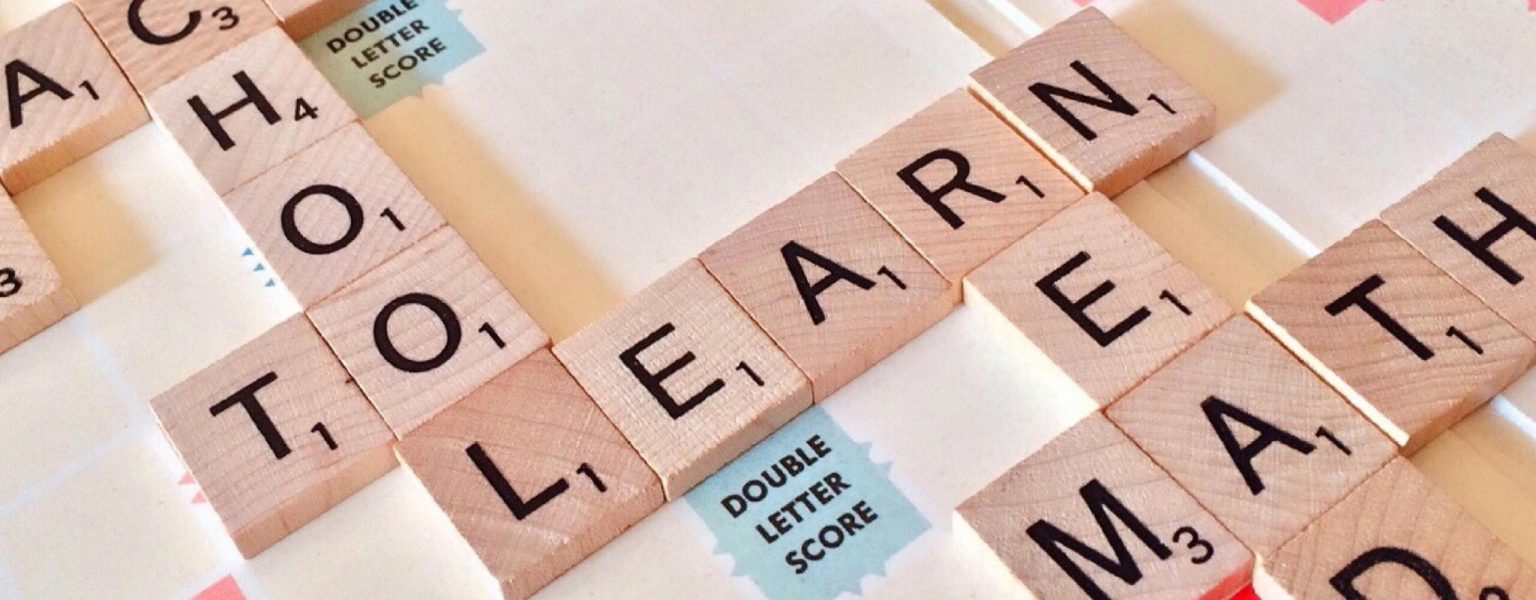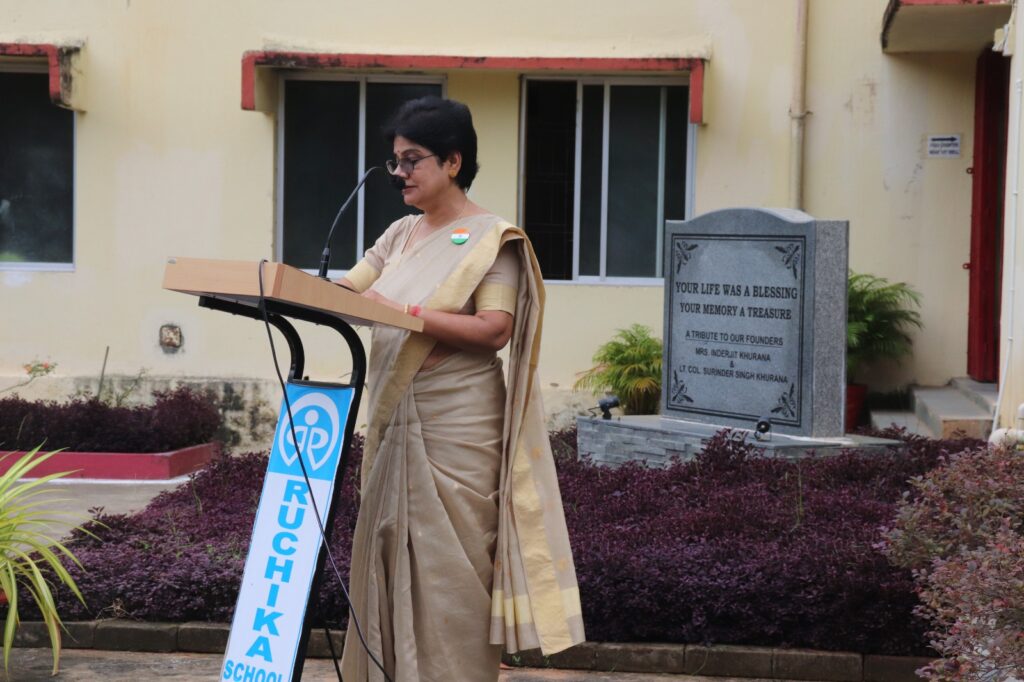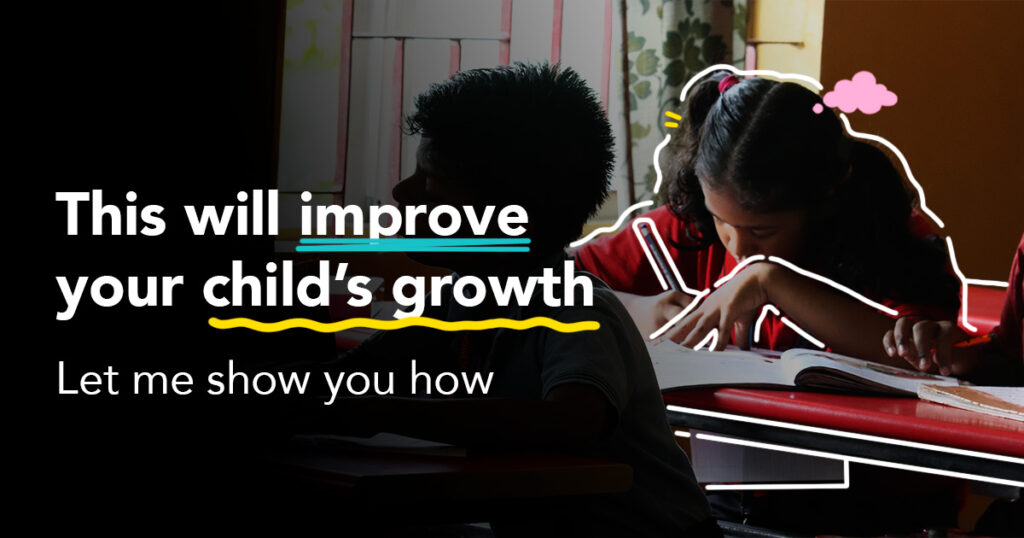As parents and teachers, we all want the best for our children, don’t we? It’s that desire to see them thrive, to watch their innocent excitement when they discover something new, or those wide-eyed questions they ask about the world—those moments are priceless. But uh-oh, time flies. Before we know it, the days of watching our kids grow into their personalities will become fond memories. That’s why we’re here with importance of parent-teacher meetings.
Now, here’s the thing—it’s easy to assume that only adults create their own worlds. But, psst, children do too! They live, they learn, and they experience life through a lens we might not immediately understand. You see, their questions aren’t the same ones we asked when we were kids, and their worldviews will evolve differently from ours. And that’s totally fine! But—here’s the catch—we need to be in their world to support and guide them.
This is where Parent-Teacher Meetings (PTMs) step in. These meetings give parents and teachers a chance to collaborate, to ensure that children are not only growing academically but also as well-rounded, confident individuals. And yes, I know—PTMs can feel a bit daunting at times or boring, especially for first-timers. But stay with me, because the benefits? They’re worth every minute.
Let’s break down why these parents-teacher meetings are not just important, but essential!

1. First and foremost parent-teacher meetings offer...
You a chance to really get to know your child’s evolving personality. Does your little one light up during math problems or maybe they’re more of a language enthusiast? Are they leading the pack in social settings, or do they prefer to observe quietly from the sidelines? Understanding these nuances helps us (and you) nurture them in ways that make sense for who they really are.
At Ruchika, we don’t believe in a one-size-fits-all approach. Children are unique, just like their souls. Our classrooms are often the first place where they express themselves independently, away from their caregivers. As parents, a little insight into this helps you create an environment at home that lets their strengths flourish naturally.
2. Let’s face it: none of us are in this alone. Partnership?
PTMs foster a healthy collaboration between parents and teachers, creating a solid foundation for your child’s growth. Teachers at Ruchika go through extensive training to cater to each child’s well-being with personalized techniques. When parents and teachers are aligned, it’s a dream team! By working together, you and the teacher can develop strategies that enrich your child’s development at school and at home, a true Ruchikan.
Also, here’s a little pro tip—never criticize your child’s school or teachers in front of them. Trust me, kids pick up on that stuff, and it can lead to bigger issues later on. A united front works wonders!
3. Okay, so childhood isn’t without its bumps—
We’ve all been there. From getting that spelling wrong in class to grappling with self-esteem issues, children face their fair share of hurdles. You see, research shows that early experiences shape us well into adulthood. So, if a child is encouraged to speak their mind confidently, like little Aditya at Ruchika, it’s no surprise they’ll grow up to own the boardroom (or wherever life takes them).
At Ruchika, we take this seriously. We maintain a strict anti-bullying policy, and if there are signs of self-harm, discrimination, or any destructive behavior, we make sure to address these challenges head-on. If anything’s amiss, PTMs give us a chance to align with you and come up with a plan to support your child together.

4. Now, let’s talk academics— Most important thing to ask in parent-teacher meetings
What’s your child learning? What are the exciting activities happening in class? The more you know about your child’s education, the better equipped you’ll be to support them at home. When teachers tell you about a hands-on Olfactory Sensory activity or an interactive history lesson, you can reinforce those lessons at home. If you’re wondering what “Olfactory Sensory activity” is, then you should pay more attention. This synergy between school and home plays a massive role in solidifying their learning.
By attending parent-teacher meetings consistently, you not only stay in the loop about your child’s progress but also build a deeper connection with the school’s curriculum and efforts.

5. Our principal, Mrs. Leena Khurana, always…
Reminds us to “grow with your child” It’s not about just watching from the sidelines—it’s about actively engaging in their development. When teachers and parents come together, children grow into individuals who are not only academically sound but also emotionally balanced, socially confident, and self-aware.
All things aside, What should you expect during a PTM?
Here’s what usually happens:
You’ll meet your child’s teacher to discuss their strengths, challenges, and development.
There’s an opportunity to ask questions or raise concerns, whether academic or personal.
Teachers will provide insights into how your child interacts with their peers and performs in different activities.
A conversation about strategies to improve or build on current progress will follow.
Now, you might be wondering what to say during a PTM or what questions to ask. The key is simple: Be curious, be open, and be collaborative.
Ask things like:
What are my child’s strengths and weaknesses?
How does my child behave socially in class?
Are there areas where my child needs extra support?
These simple questions can open up a world of insights into your child’s growth.

Tips for Making the Most of Parent-teacher Meeting
To make the most of PTMs:
Come prepared: Write down any questions or concerns beforehand.
Be open-minded: Remember that teachers offer a different perspective based on classroom observation.
Collaborate, don’t criticize: Work with the teacher, not against them, to create the best environment for your child.
Follow-up: Ensure that any action points discussed during the meeting are followed up on, both at home and at school.
Common Questions About Parent-Teacher Meetings
- What should I say in a parent-teacher meeting? Start by asking about your child’s strengths, areas for improvement, and any observed behavioral patterns. Be open to feedback and inquire about how you can support learning at home.
What should I expect during a parent-teacher meeting? Expect an open conversation about your child’s academic performance, social behavior, and emotional development. The teacher will likely share observations and suggest ways to collaborate for your child’s growth.
- How can PTMs help my child do better? PTMs provide valuable insights into your child’s learning experience. By addressing issues early and creating a supportive learning environment at home, your child is more likely to succeed academically and emotionally.
- How do you make the most of a PTM? Come prepared with questions and be ready to listen. PTMs are a time to collaborate, so be open to suggestions and willing to discuss strategies for improvement.
Our research and study is based on our on ground experience and a few reliable links on the internet like: WIKI
Final Thought on Parent-teacher Meetings
At the end of the day, a parent-teacher meeting isn’t just about discussing report cards. It’s about building a strong, supportive network for your child—both at school and at home. Trust me, it can go a long way. And when parents, teachers, and students are all on the same page? That’s when real growth happens.
For more blogs to develop your child better: TAP HERE


